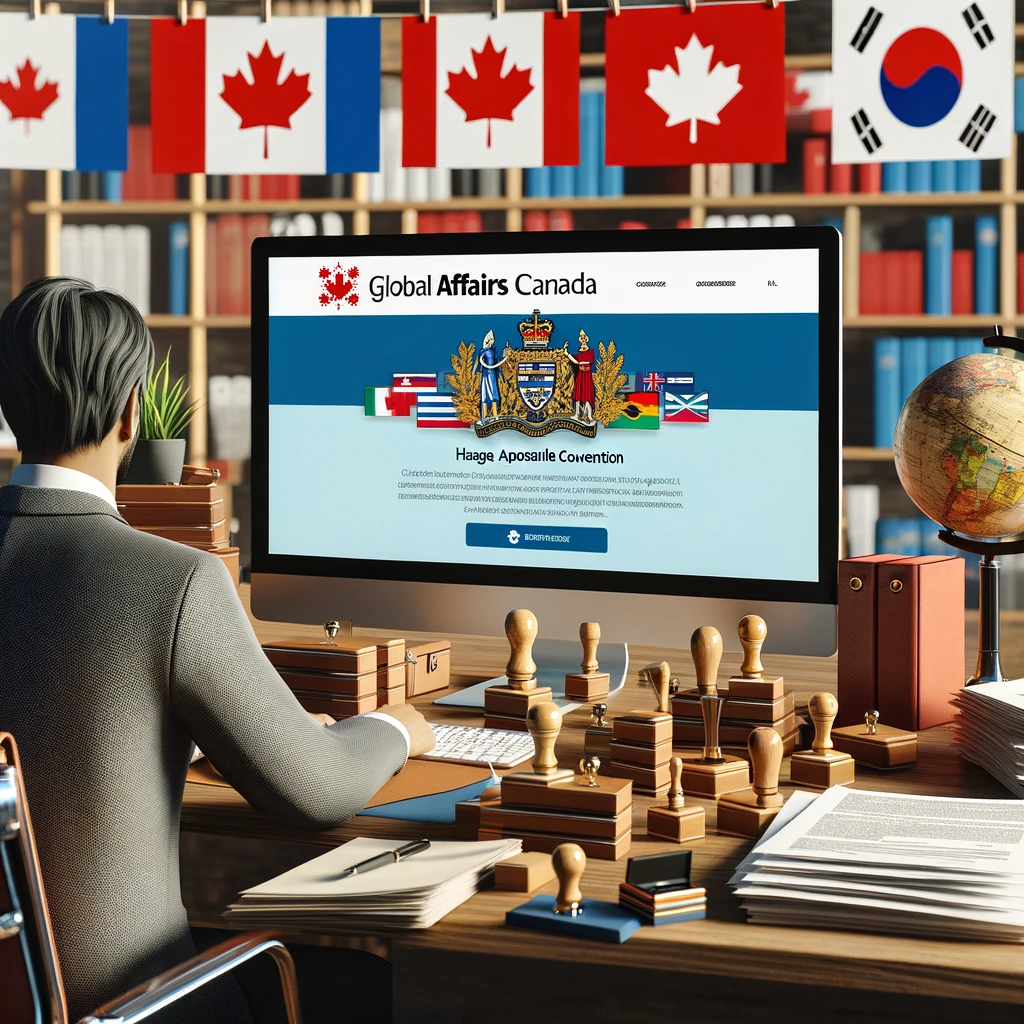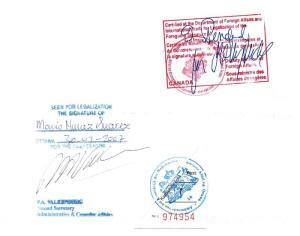Understanding Document Authentication: An Official Guide
Document authentication, while seemingly unfamiliar at first, is an essential process for verifying the authenticity of a document. This process involves examining the signature and stamp of a certified individual, such as a lawyer or notary public, to confirm the document's validity.
Notarization often serves as the first step in the document authentication process. A lawyer or notary public authenticates a document by adding their signature and stamp. Typically, notarized copies of documents are authenticated rather than the original documents to prevent loss, damage, or modification.
Provincial and Federal Authentication in Canada
With Canada's accession to the Hague Apostille Convention, the authentication process has been streamlined. Authentication is now primarily required for documents intended for use in non-member countries of the Convention. For member countries, the Apostille process replaces traditional authentication.
In Canada, the responsibility for document authentication varies depending on the province. British Columbia, Alberta, Saskatchewan, Ontario, and Quebec are responsible for authenticating documents issued within their respective provinces. Global Affairs Canada remains responsible for the authentication of documents from other provinces and territories.
At the provincial level, officials verify the signatures and stamps on documents to ascertain their authenticity. Similarly, at Global Affairs Canada, professional representatives perform the same verification process. Once a document is authenticated, it is stamped, sealed, and signed by the authenticating authority, completing the process.
Here is what the stamps and signatures of Global Affairs Canada look likes:
Why is Authentication Necessary?
The purpose of document authentication is to prevent fraud and ensure the legitimacy of important documents such as birth certificates, university degrees, powers of attorney, and marriage certificates. With technological advancements and the prevalence of counterfeit documents, authentication serves as a critical measure for verifying the credibility of signatures and stamps from trusted sources.
Embarking on the document authentication process is now more streamlined in Canada, with clear guidelines for both federal and provincial authentication, ensuring the integrity and acceptance of your documents globally.



